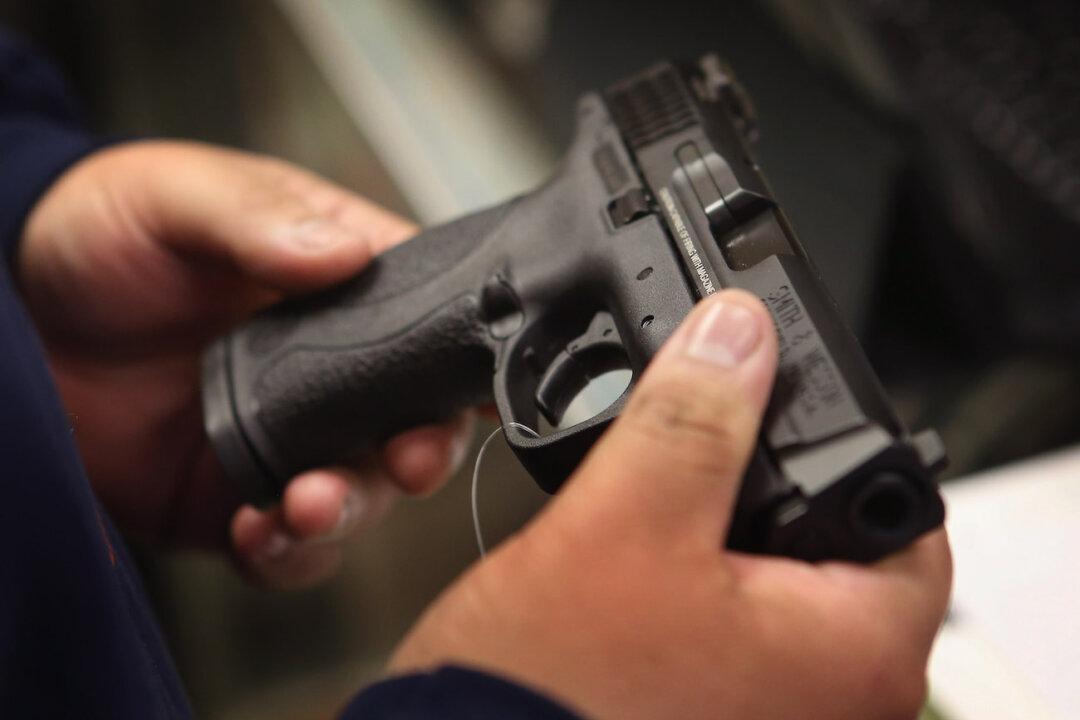Debates on gun laws have heated up again following recent mass shootings and crime surges, but neither side has strong scientific evidence to fall back on, according to RAND Corporation.
In a newly released report, RAND researchers suggest several statistical models to more effectively measure the effects of state gun laws, based on a years-long rigorous review.





